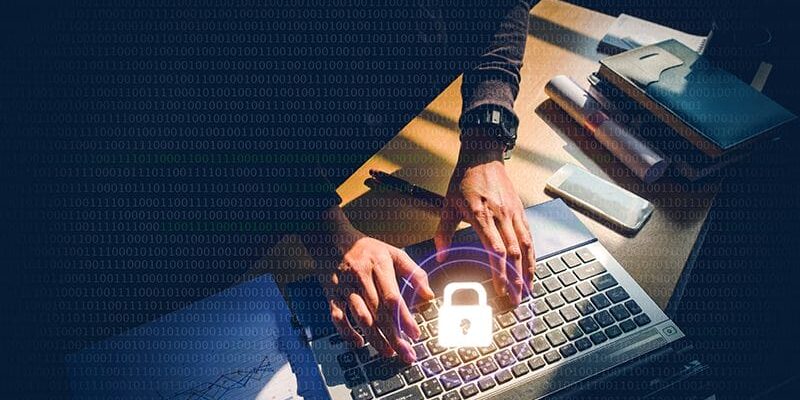Cybersecurity Must-Haves: Protecting Your Computer in a Digital Age
In today’s increasingly digital world, where sensitive information flows freely through our computers, cybersecurity isn’t just an option, it’s an absolute necessity. Whether you’re a seasoned professional, a casual internet user, or somewhere in between, safeguarding your computer against cyber threats is paramount. This deep-dive article equips you with essential cybersecurity must-haves, empowering you to navigate the digital landscape with confidence:
I. Building a Robust Defense:
A. Strong Passwords and Multi-Factor Authentication (MFA):
- Ditch weak, easily guessable passwords. Create complex, unique passwords for each account, using a mix of uppercase and lowercase letters, numbers, and symbols. Consider a password manager for secure storage and generation.
- Enable MFA wherever possible. This adds an extra layer of security by requiring a second verification factor, like a code sent to your phone, beyond your password.
B. Antivirus and Anti-Malware Software:
- Install a reputable antivirus and anti-malware program, keeping it updated with the latest definitions. These programs scan your system for threats, preventing infections and protecting your data.
- Consider security suites that offer additional features like firewalls, parental controls, and phishing protection.
C. Operating System Updates:
- Regularly update your operating system (Windows, macOS, Linux) and applications to patch vulnerabilities that cybercriminals exploit. Enable automatic updates whenever possible.
D. Firewall:
- A firewall acts as a barrier, filtering incoming and outgoing traffic, blocking unauthorized access and protecting your system from external attacks.
E. Secure Wi-Fi Connections:
- Avoid public Wi-Fi for sensitive activities. When using public Wi-Fi, consider using a Virtual Private Network (VPN) to encrypt your data.
- Secure your home Wi-Fi with a strong password and enable WPA2 encryption.
II. Proactive Protection:
A. Phishing Awareness:
- Be wary of suspicious emails, texts, or phone calls attempting to lure you into clicking malicious links or revealing personal information. Verify sender legitimacy before clicking or responding.
- Never download attachments or open links from unknown sources.
B. Social Media Privacy:
- Adjust your privacy settings on social media platforms to limit who can see your information and posts. Be mindful of what you share online.
C. Data Backup:
- Regularly back up your important data to an external hard drive or cloud storage service. This ensures data recovery in case of cyberattacks, hardware failures, or accidental deletion.
D. Secure Online Transactions:
- Only shop on websites with secure connections (HTTPS) and verified payment gateways. Use strong passwords and consider two-factor authentication for online accounts.
III. Advanced Measures:
A. Encryption:
- Encrypt sensitive data on your computer’s hard drive and removable devices for an extra layer of protection in case of unauthorized access.
B. Virtual Private Network (VPN):
- A VPN encrypts your internet traffic, making it more difficult for hackers to intercept your data, especially on public Wi-Fi networks.
C. Endpoint Detection and Response (EDR):
- For advanced protection, consider EDR solutions that monitor your system for suspicious activity and automatically respond to potential threats.
IV. Staying Informed:
- Keep yourself updated on the latest cybersecurity threats and trends. Subscribe to reputable security blogs and follow trusted security experts on social media.
V. Seek Professional Help:
- If you suspect a cyberattack or have concerns about your online security, don’t hesitate to seek professional help from IT security experts.
Remember: Cybersecurity is an ongoing process, not a one-time fix. By implementing these must-haves and staying vigilant, you can significantly strengthen your computer’s defenses and navigate the digital age with greater peace of mind.


















































